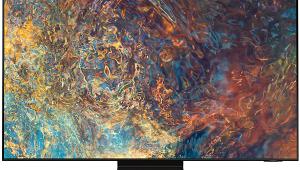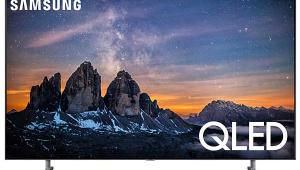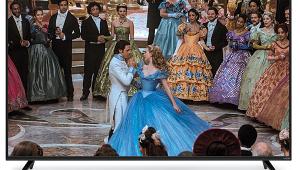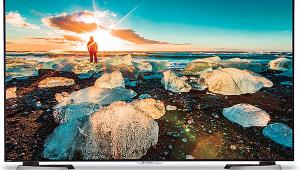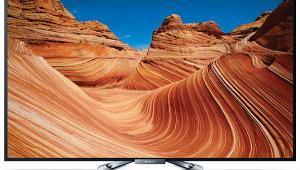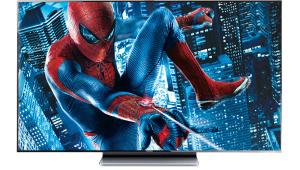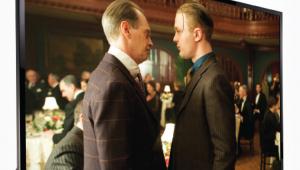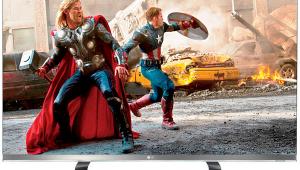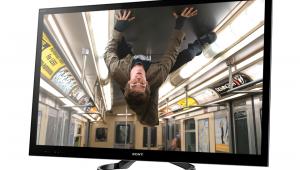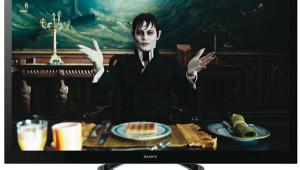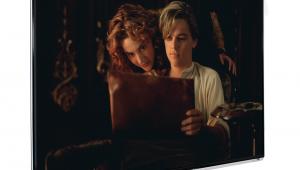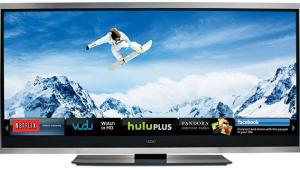Philips 42PF9831D LCD HDTV HT Labs Measures


Full-On/Full-Off Contrast Ratio—1,857:1; ANSI Contrast Ratio—689:1
Measured Resolution with the Leader LT-446:
480: 480 (per picture height)
720p: 610 (pph)
1080i: 620 (pph)
DC Restoration (poor, average, good, excellent): Excellent
Color Decoder (poor, average, good, excellent): Poor
Measured Color Points:
Red Color Point: x=0.636, y=0.338
Green Color Point: x=0.282, y=0.600
Blue Color Point: x=0.146, y=0.075
The left chart shows the 42PF9831D's gray scale relative to its color temperature at various levels of intensity, or brightness (20 IRE is dark gray; 100 IRE is bright white). The gray scale as set by the factory, in the Warm color-temperature mode and the Personal picture mode, measures somewhat cool with dark images and fairly close to D6500 with brighter images. After making adjustments using the Photo Research PR-650, the gray scale measures a little better across the entire range, although dark images are even cooler.
The right chart shows the gray scale (or color temperature) relative to the color points of the display's red, green, and blue color filters. These are somewhat close to those specified by SMPTE. Red is very slightly undersaturated and slightly reddish-orange. Blue is slightly greenish-blue. Green is fairly bluish-green.
After calibration, and using a full-field 100-IRE white (165.3 foot-lamberts) and a full-field 0-IRE black (0.089 ft-L), the contrast ratio was 1,857:1. Using a 16-box checkerboard pattern (ANSI contrast), the contrast ratio was 689:1. The best contrast ratio was achieved with Dynamic Contrast set to Min. Higher settings of Dynamic Contrast adversely affect gamma. With Dynamic Contrast off, the light output remains roughly the same, but the black level jumps to 0.214 ft-L.—GM
- Log in or register to post comments
